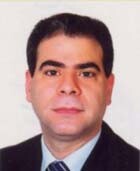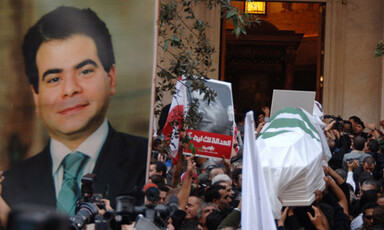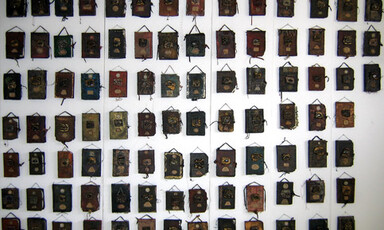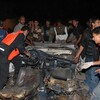
Security Council, Annan condemn assassination of Lebanese Government minister
21 November 2006
Secretary-General Kofi Annan and the Security Council expressed shock and condemnation today at the assassination of Lebanon’s Industry Minister Pierre Gemayel, calling for restraint from all sides and urging national unity. In a statement issued by his spokesman, Mr. Annan decried the murder of Mr. Gemayel, “who believed strongly in an independent, democratic and united Lebanon,” and offered his deepest sympathies to the late minister’s family and to the Lebanese Government. Mr. Gemayel died after being shot in his car while travelling through the capital, Beirut. Read more about Security Council, Annan condemn assassination of Lebanese Government minister








